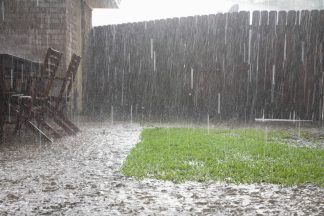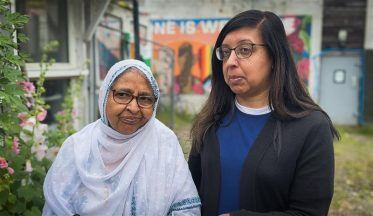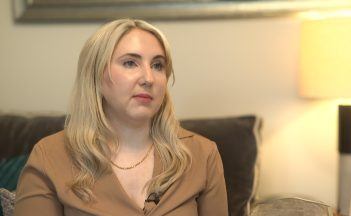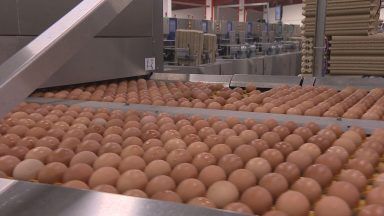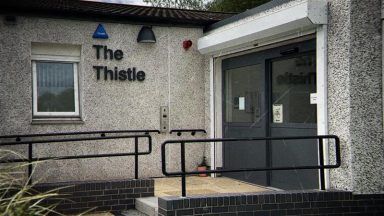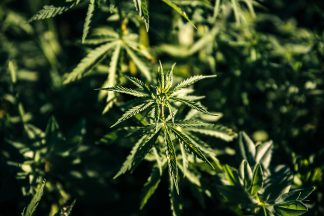Plant and food waste combined with microbes may be able to clean up contaminated soil, new research has shown.
Scientists at Heriot-Watt University in Edinburgh are investigating how microbes could be used to clean up pollutants such as petrochemicals.
In 2016, a House of Commons report found more than 300,000 sites in the UK are contaminated with pollutants like petrochemicals, with the economic value of the sites said to be over £1bn.
There are a number of methods currently available to clean up polluted sites, but they mostly require expensive infrastructure, energy and resources.
Tony Gutierrez, an environmental microbial ecologist at the university, hopes a more sustainable, cost-effective solution can be found using readily-available natural resources.
He has gained funding from the Biotechnology and Biological Sciences Research Council to examine out whether a combination of biochar and microbes could be effective in cleaning up soil.
He said: “Biochar is the result of putting plant or food waste under a very high heat in the absence of oxygen.
“It’s a charcoal-like substance that can be used to improve soil quality and yields of agricultural produce.
“There are indications it could be useful to help remediate soil contaminated with toxic chemicals and organic pollutants.
“Being highly porous, biochar could be used as a carrier of certain types of micro-organisms needed to remove pollutants from contaminated soil.
“We’re mixing different biochars and micro-organisms to find the best combination to clean up contamination.”
The team will use biochar from the University of Edinburgh and combine it with tried and trusted microbes on soil that has been polluted with petrochemicals.
They will also be working with teams from specialist contaminated land contractors ERS Remediation, and Cranfield University, who are leading specialists in risk assessments for contaminated land.
Mr Gutierrez said: “We’ll be trialling biochar made from agricultural waste, and we have a few micro-organisms in mind that are good at degrading hydrocarbons.”
Professor Frederic Coulon, from Cranfield University, said: “Biochar has still much to offer to the waste and environmental remediation sectors, bringing new opportunities that can contribute to heal and revitalise our soil.”
Thomas Aspray, from ERS Remediation, said: “Bioremediation is under-used in the UK due to a lack of understanding and being used incorrectly in the past. For the right project, it can be more economical and environmentally friendly.
“As a specialist remediation firm, we’re excited to be involved in this project to find out whether biochars can help with the delivery and support the survival of microbial degraders for more heavily contaminated sites.”
Follow STV News on WhatsApp
Scan the QR code on your mobile device for all the latest news from around the country



